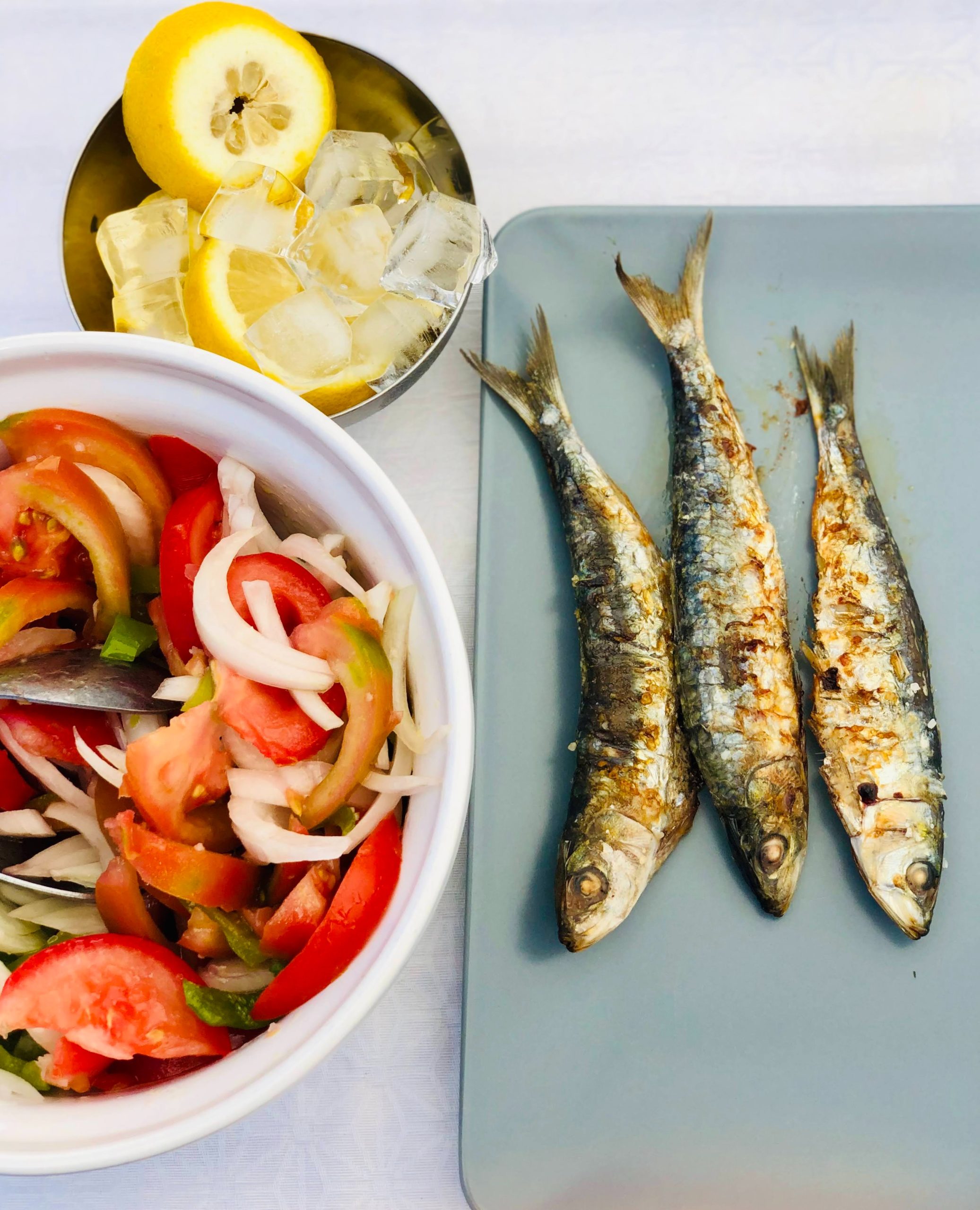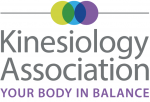According to recent research, approximately 1 in 5 people in the UK have low vitamin D levels (defined as serum levels below 25 nmol/L).
That’s because your body creates Vitamin D from direct sunlight on the skin when you’re outdoors. But when you are in the sun during the summer, you’re likely to be following doctor’s advice to wear sunscreen which can block Vitamin D production.
Then, between October and early March, you may well not get enough vitamin D from sunlight even with no sunscreen. In addition to that, even when you’re spending time outside in daylight during both the winter and summer months, you aren’t exposing ourselves to adequate levels of vitamin D, in contrast to a country with a warmer climate.
Vitamin D in food
Did you know you can also find Vitamin D in a small number of foods, including the following?
- oily fish – such as salmon, sardines, herring and mackerel

- red meat
- liver
- egg yolks
- fortified foods – such as some fat spreads and breakfast cereals
In the UK, cows’ milk is generally not a good source of vitamin D because it is not fortified.
How do you know if you may be Vitamin D deficient?
If you’re living with any of these issues at the moment, you may have a Vitamin D deficiency:
- Ongoing musculoskeletal pain and achy bones. This may have been diagnosed as fibromyalgia or chronic fatigue syndrome.
- Frequent illness/infections— including colds and flu
- Neurological symptoms— including depression
- Fatigue and daytime sleepiness
- Head sweating
This is particularly likely if you:
- Rarely spend time outdoors and/or always wear sunscreen
- Have darker skin (which acts as a natural sunscreen)
- Are 50 or older (your skin won’t make as much Vitamin D naturally)
- Are obese or have gastrointestinal problems – as vitamin D is fat soluble
Vitamin D can protect you against a range of issues
Vitamin D can have a powerful effect on health and plays its part in protecting you against the following:
- Dry eye syndromes
- Macular degeneration
- Autoimmune, gastrointestinal, rheumatic and infectious diseases
- Osteoporosis
- Cardiovascular health
- Neurological diseases
- Lupus
- Sleep apnoea
- Obesity
- Diabetes
- Issues with a compromised immune system
- Pregnancy complications
Can Vitamin D stop you getting Coronavirus?
According to the NHS there have been some news reports about Vitamin D reducing the risk of coronavirus as it helps strengthen the immune system. However, there is currently not enough evidence to support this.
How do you know if you need a Vitamin D3 boost?
We can help you measure and boost your Vitamin D3 levels with the use of a medical device.
At your appointment, we will go through a short questionnaire so we understand more about your overall health and can advise you accordingly.
We will then help you prepare your finger so we can do an accurate finger prick test to get your blood. Within 15 minutes your results will be ready, or we can email them to you. Then we’ll be able to evaluate your results and recommend the most appropriate Vitamin D3 supplements and dosage for you if necessary.
At this time, you can also choose to have a BioResonance scan to determine the underlying causes of your health problems.
Now you don’t need to worry about your Vitamin D levels – book an appointment with us. Knowledge is power after all!
BOOK YOUR VITAMIN D3 TEST NOW
“Kostas is a marvellous holistic practitioner and motivator whose passion, commitment and dedication to his practice shines through. He was able to get to the root of physical problems, offered me excellent practical and nutritional advice and was able to direct me to appropriate products that would support me on my journey back to health. The most important thing was I felt empowered to make the changes. MANY THANKS!
– Sarah Peachock”










